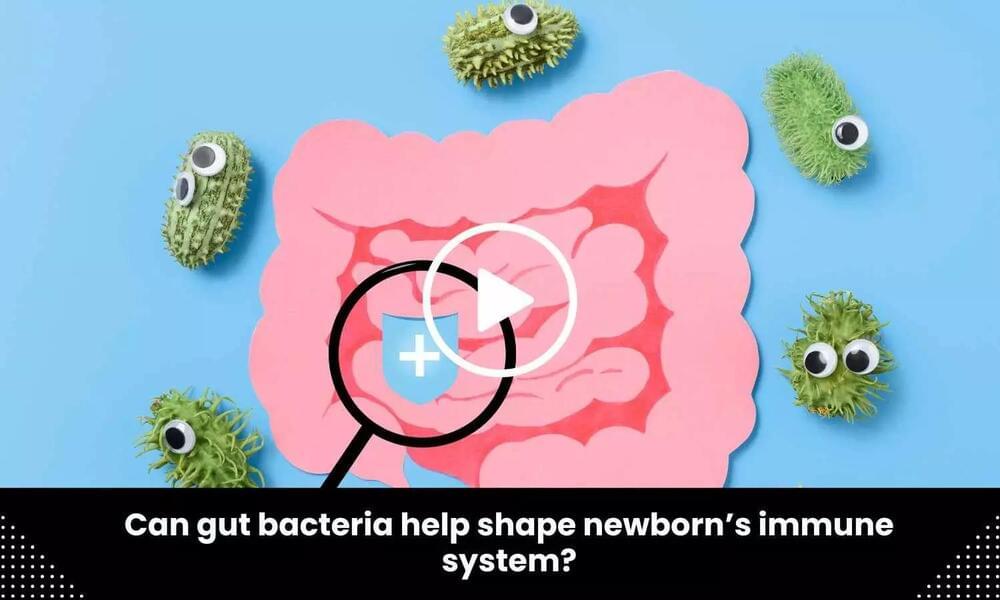Researchers from Weill Cornell Medicine have discovered that unique bacteria colonize the gut shortly after birth and make the neurotransmitter serotonin to educate gut immune cells that help in preventing allergic reactions to food and the bacteria themselves during early development.
The study published in the journal Science Immunology on March 15, 2024, revealed that bacteria abundant in the guts of newborns produce serotonin, which promotes the development of immune cells called T-regulatory cells or Tregs. These cells suppress inappropriate immune responses to help prevent autoimmune diseases and dangerous allergic reactions to harmless food items or beneficial gut microbes.
“The gut is now known as the second human brain as it makes over 90 percent of the neurotransmitters in the human body. While neurotransmitters such as serotonin are best known for their roles in brain health, receptors for neurotransmitters are located throughout the human body,” explained the study’s senior author, Dr. Melody Zeng, an assistant professor of immunology in the Gale and Ira Drukier Institute for Children’s Research and the Department of Pediatrics at Weill Cornell Medicine.










Comments are closed.